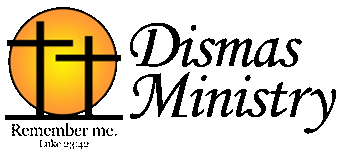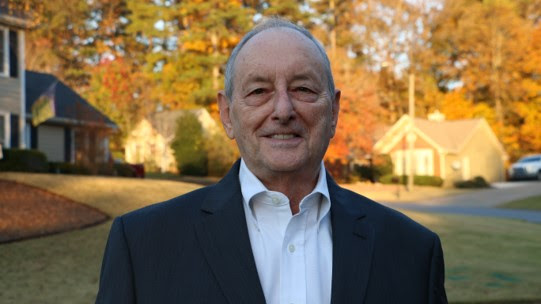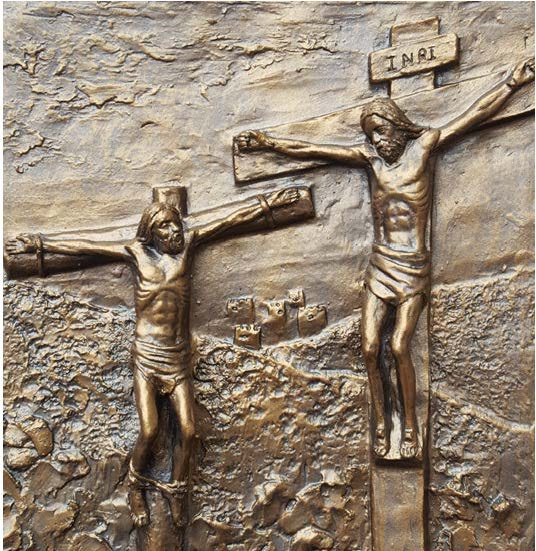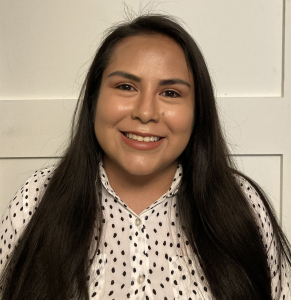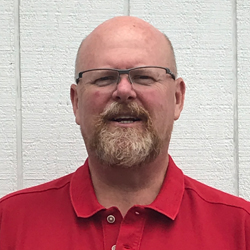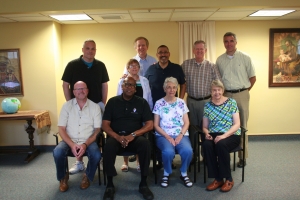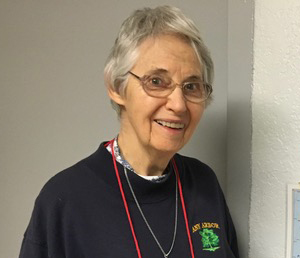By Tyler Curtis
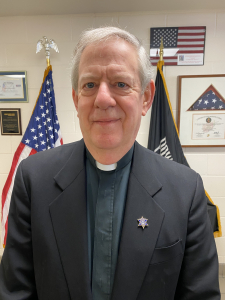
Dismas Ministry Board Member Fr. Richard Deshaies, SJ
Fr. Rich Deshaies is a Catholic chaplain to the imprisoned in the greater Boston area. While he is engaged in other important ministries of the USA East Province of the Society of Jesus, of which he is a member, he is a strong advocate for the spiritual needs of men and women behind bars. He currently serves as a contract Catholic chaplain with the Middlesex Sheriff’s Office at the Middlesex Jail and House of Correction in Billerica, Massachusetts.
Dismas Ministry Executive Director Tyler Curtis talked recently with Fr. Rich about his ministry to prisoners.
TC: What have you learned from your work with prisoners?
RD: There are common misconceptions about the incarcerated. They are very much like those in free society. They share the common concerns about work, career, and raising children. They come from every conceivable background. Most are U.S. citizens, but a growing number are migrants from other countries.
TC: What are some of the challenges you face in this ministry?
RD: This is definitely a type of mission work. As an institution, our Church has struggled in her outreach to Catholics behind bars. With ever-decreasing numbers of priests and deacons, there is a need for more involvement from parish laity and more support at the diocesan level. The lack of material and human resources, and an increasing unfamiliarity with our faith tradition have created barriers. The challenge is often not with inmates, but with prison and jail administrations, correctional officers, and society.
TC: What do you want others to know about the struggles of the imprisoned?
RD: The men are extremely grateful and say, “Thank you, Lord, for sending Fr. Rich.” They are especially grateful to not be forgotten. They want religious services and faith-based materials. I am a pastor to them and offer other guidance, too. Sometimes they need help explaining themselves in court. I often say, “What about telling the truth, and being a person of integrity throughout the adjudication of your case?” However, the truth is not always completely clear when dealing with mental illness or extenuating circumstances. Also, they might not always grasp the impact of their actions on others, and sometimes have difficulty admitting their crimes. When they realize they have done something abhorrent, there is self-loathing and despair. But the truth is not solely about about what we do; it’s about the love of God. And God forgives. And they want us to pray for them, especially when they go to court. I tell them, “God has a purpose for you and still values your life.” God does not spurn the lowly; He honors the lowly and hears the cry of their prayer. In this ministry, I am helping people return to a normative community after they have committed a reprehensible crime, often against themselves, as in the case of drugs. They want to be forgiven by society but don’t know how to pursue this. To be forgiven enables reparation of their misdeeds and sets them solidly on the journey of moral and spiritual rehabilitation.
TC: What can we do to help support our brothers and sisters behind bars?
RD: Through financial donations, which helps us get faith-based materials into the hands of those who need it. Pray for these men and women and their families. Also, pray for correctional staff and for criminal justice reform. Provide help to those reentering society. And invite others in the Church to engage in this “forgotten” work of mercy. We need to elevate prison ministry as a special missionary endeavor of our Church.
A Jesuit priest, Fr. Richard Deshaies, SJ, is a Dismas Ministry board member based in Boston, MA. Born and raised in Connecticut, he entered the Society of Jesus in 1982. Fr. Rich has served in a variety of ministries in the United States and Jamaica throughout his priesthood. A dedicated chaplain to the incarcerated of greater Boston for 10 years, he helped develop a national forum for Catholics in criminal justice and prison ministries – the Catholic Prison Ministries Coalition (CPMC). Fr. Rich is also a member of the American Correctional Association (ACA) and the ACCA (American Correctional Chaplains Association).
This article was printed in our 2021 Fall Newsletter, Remember Me.
